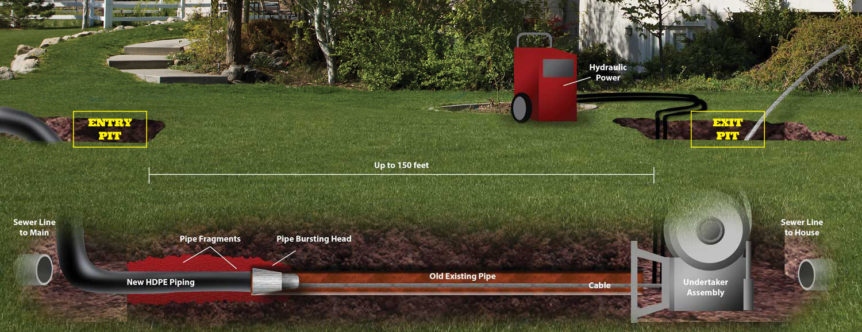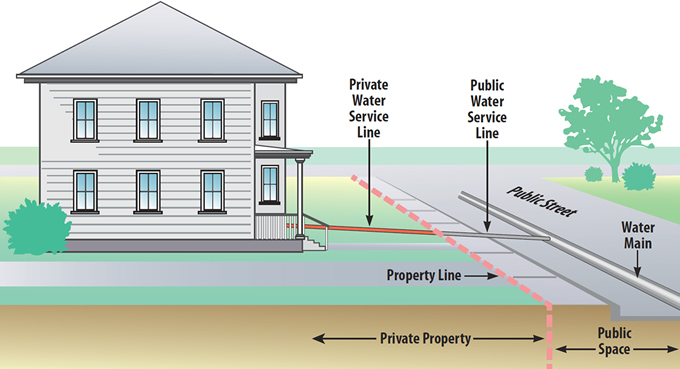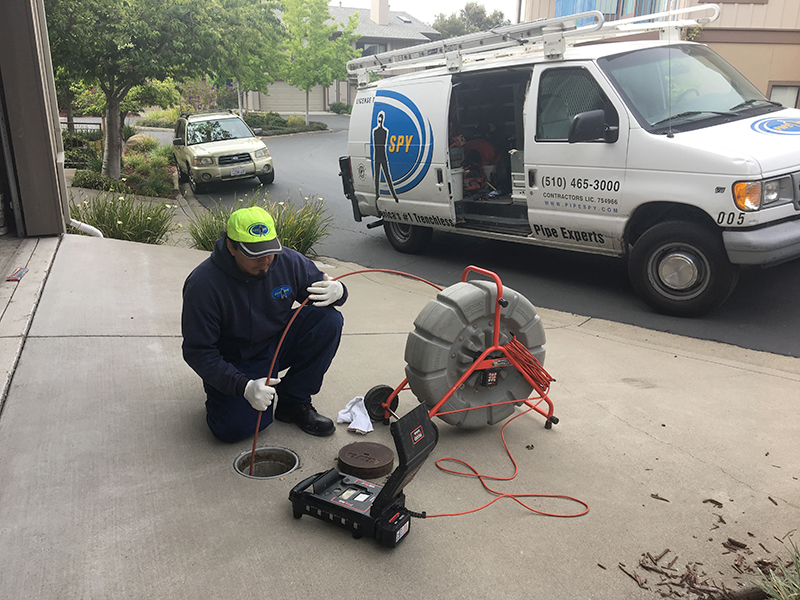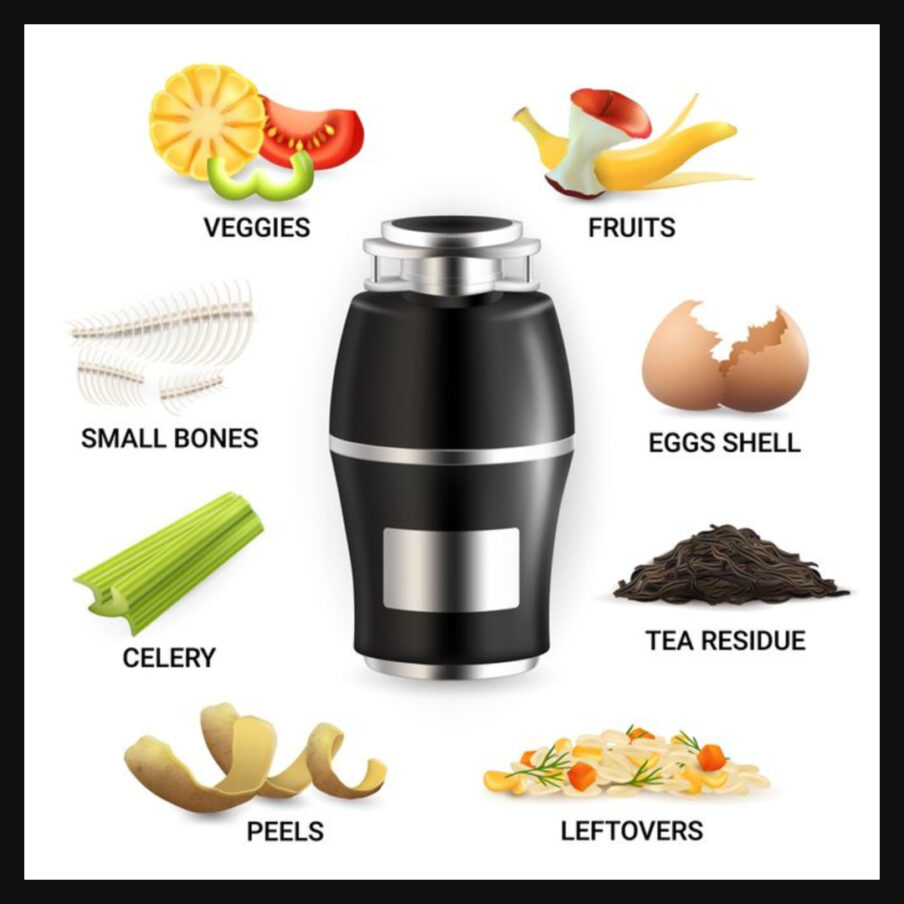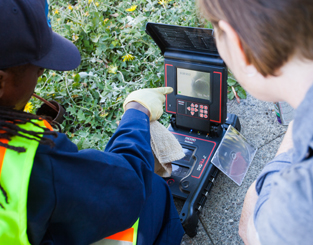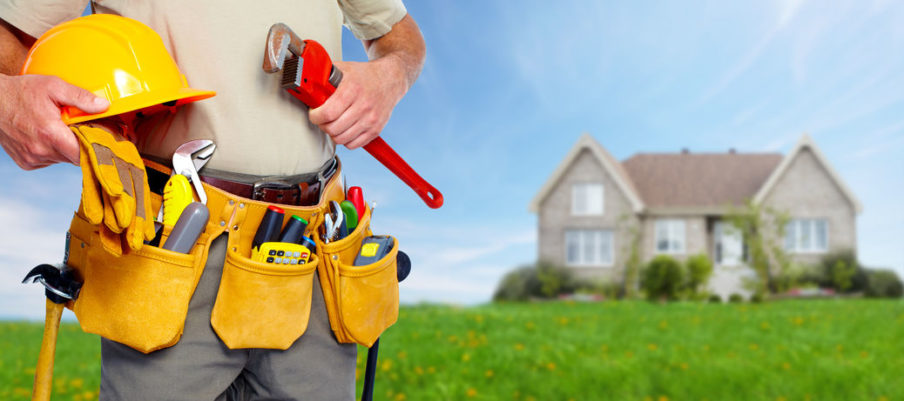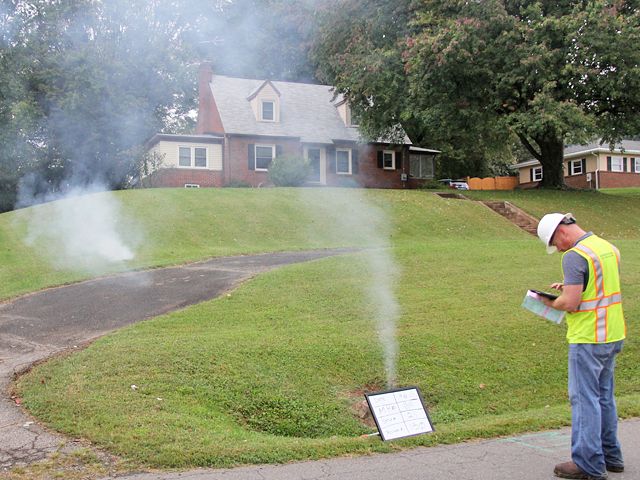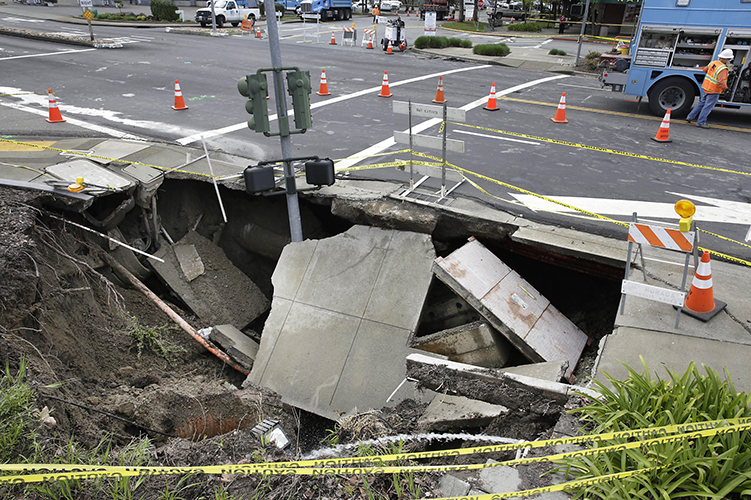Sewer repair projects can be a huge headache for homeowners. They can be disruptive, expensive, and time-consuming – but these can all be avoided using the right trenchless sewer repair method. In this post, we’ll discuss trenchless sewer repair, the different trenchless repair methods and technologies, and which method to choose for your sewer repair. What Is Trenchless Sewer Repair? … Read More
Replacing Your Service Water Line
As a homeowner, you will most likely experience problems with the water main to your house at some point – and unfortunately, you will probably have to hire a professional plumber to perform the necessary repairs. When that day comes, here are some things to keep in mind when you’re facing an expensive water line repair or service line replacement. … Read More
How To Unclog A Sewer Lateral
A clog in your sewer line can be frustrating, especially if you don’t know what’s causing it or what to do next. Here’s how to address both minor and major clogs – and how to tell the difference between the two. A Clogged Sewer Lateral Is a Big Problem When clogged, private sewer laterals (PSLs) can damage other parts of … Read More
Why You Should Avoid a DIY Sewer Line Repair
As a homeowner, it’s important to have basic knowledge about repairing and maintaining common issues that arise over the lifetime of a house. Many homeowners become extremely adept at managing household projects and repairs. But there is one DIY project that is definitely not basic and best left to the plumbing professionals: sewer line repair. Sewer repairs can become very … Read More
What Are Requirements for Private Sewer Laterals in Oakland and the East Bay?
In the East Bay region of California, all residential, commercial, and industrial properties are subject to the East Bay Municipal Utility District Private Sewer Lateral Program (EBMUD PSL) Program. The EBMUD ordinance is a local program designed to improve the quality of San Francisco Bay Area water resources. Old, cracked sewer pipes can allow rain to infiltrate municipal wastewater facilities: … Read More
How To Care For Your Garbage Disposal
A garbage disposal is a convenient tool for discarding food waste during your kitchen cleaning routine. However garbage disposals can accumulate residue and bacteria as discarded food and organic matter decompose. This can result in odors. How Do Garbage Disposals Work? Understanding how your garbage disposal works will help you use it properly as well as extend the service life … Read More
How to Choose the Best Trenchless Sewer Repair Professional
Sewer repair or plumbing projects can be intimidating. Homeowners are not typically plumbing professionals with years of experience. For most property owners, it’s a good idea to hire a professional to help with your sewer repair. But how do you choose between potential trenchless sewer repair professionals? Here’s a guide to help you select the right trenchless sewer repair professional … Read More
Summer Checklist for Your Home Plumbing System
Summertime is upon us in northern California! It’s the time when activities are virtually nonstop. The kids are out of school, having friends over, and using the pool more frequently. Adults are thinking about the family activities and hosting friends on warm evenings. It’s not surprise that as traffic increases in our homes, so do water utility consumption rates. You’ve … Read More
What Is Sewer System Smoke Testing?
Property owners in Oakland and Berkeley may experience “random city smoke testing.” Local ordinances require sewer lines to be tested for code compliance. What Is Sewer System Smoke Testing? Underground smoke testing is used to detect deficiencies in sewer pipes and the sewage system. Smoke tests can be especially important after episodes of heavy rainfall. Smoke testing is a low-cost … Read More
Sinkholes: When Sewer Repair Goes Wrong
Some homeowners find themselves dealing with an unexpected and worsening problem on their property: sinkholes. Sinkholes are usually an artificial problem typically caused damaged sewage pipes and drainpipes, broken septic tanks, buried trash, or soil that was not properly compacted after excavation work. Sinkholes can appear where underground sewer pipes have been damaged. This is especially noticeable when the soil … Read More

